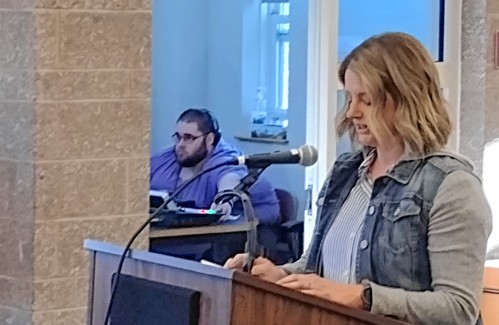
Athol Royalston School Committee approves budget on second attempt
ATHOL – It took two votes, but the Athol Royalston Regional School Committee approved an $32.1 million FY25 general budget for the district at its meeting on Monday, April 22.The final vote came after more than two hours of public comment and...
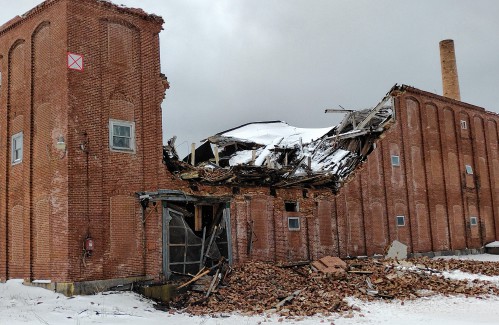
White’s Mill development proceeds following roof cave-in
WINCHENDON—A planned re-development of the former White’s Mill complex in Winchendon Springs is proceeding, following a partial collapse of the roof from a snowstorm on April 4.Since then, Amelia Giovanoni, acting director of the Mill Farm Initiative...
Most Read
 A Page from North Quabbin History: The story of the Millers River
A Page from North Quabbin History: The story of the Millers River
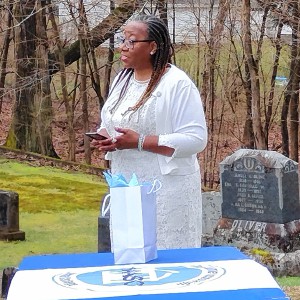 Alumnae gather in Athol to honor Spelman College founders
Alumnae gather in Athol to honor Spelman College founders
 Nicole Gough seeks seat on Phillipston Selectboard
Nicole Gough seeks seat on Phillipston Selectboard
 Orange man gets 12 to 14 years for child rape
Orange man gets 12 to 14 years for child rape
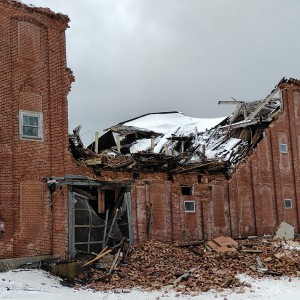 White’s Mill development proceeds following roof cave-in
White’s Mill development proceeds following roof cave-in
Editors Picks
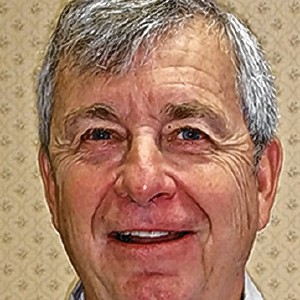 Sportsman’s Corner: Turkey time
Sportsman’s Corner: Turkey time
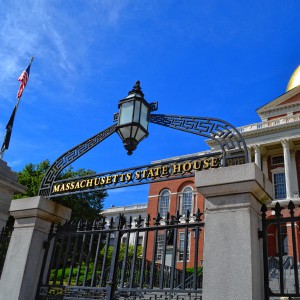 Equity, income concerns flagged in free college debate
Equity, income concerns flagged in free college debate
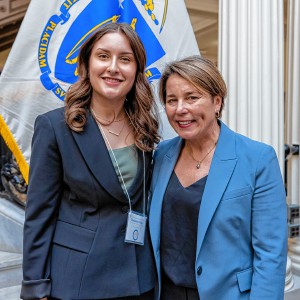 Franklin County youth tapped to advise governor’s team
Franklin County youth tapped to advise governor’s team
 Athol Police Logs: March 27 to April 10, 2024
Athol Police Logs: March 27 to April 10, 2024
Sports

High schools: Skyler Steele powers Frontier softball past Wahconah
It was a birthday to remember for Skyler Steele.The Frontier slugger smacked a home run and drove in five runs as the Redhawks cruised to a 15-3 victory over Wahconah in a Franklin County League West contest on Monday at Zabek Field in South...
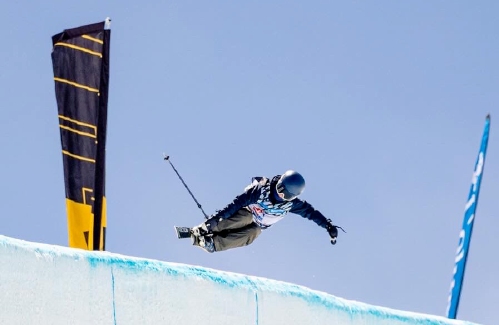 Bulletin board: Landon Allenby, Lucas Allenby shine at USA Snowboard and Freeski Association Nationals
Bulletin board: Landon Allenby, Lucas Allenby shine at USA Snowboard and Freeski Association Nationals
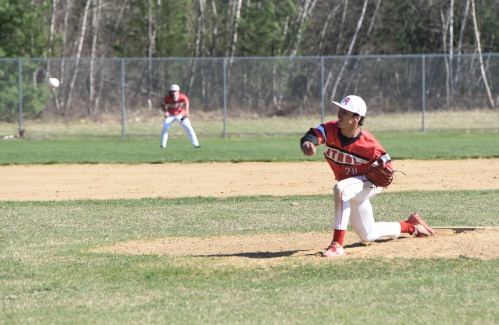 Baseball: Athol outlasts Franklin Tech in nine-inning thriller (PHOTOS)
Baseball: Athol outlasts Franklin Tech in nine-inning thriller (PHOTOS)
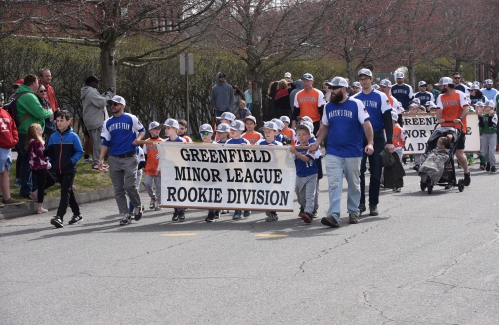 GMLB, Newt Guilbault gets seasons underway Sunday (PHOTOS)
GMLB, Newt Guilbault gets seasons underway Sunday (PHOTOS)
Opinion

Laurie Benoit: Volunteers needed for cleanup of Buckland cemeteries
The Buckland Union Cemetery Association, Inc., will hold its annual spring cleanup on Saturday, April 27 from 10 a.m. to noon. Volunteers are needed to help remove sticks, seasonal decorations, dead flowers and wreaths, broken items, and debris in our...
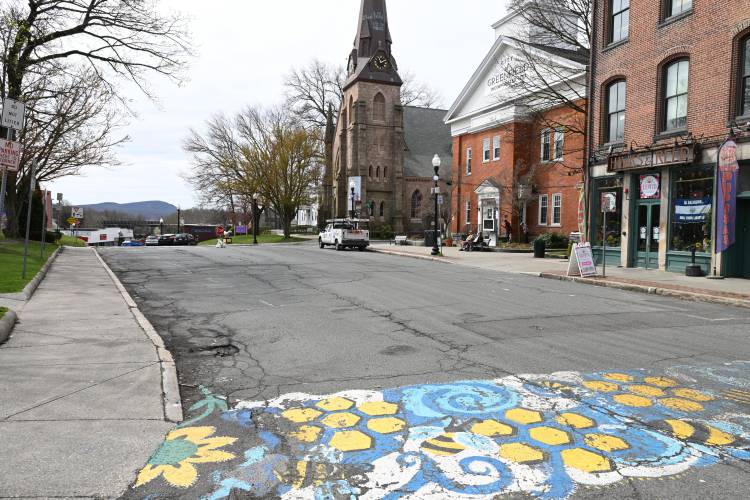 Todd Damon: Liking the positive vibe of Greenfield lately
Todd Damon: Liking the positive vibe of Greenfield lately
 Patter Field: Northfield Bird Club wins award
Patter Field: Northfield Bird Club wins award
 Kim George: National Volunteer Week — hospice needs you
Kim George: National Volunteer Week — hospice needs you

Police Logs
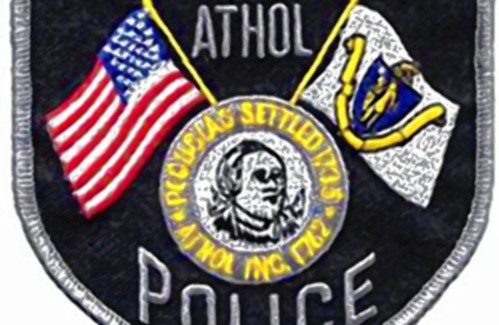
Athol Police Logs: March 12 to March 19
ATHOL POLICE LOGSTuesday, March 126:45 p.m. - Male party into the lobby regarding a shop vac he lent to someone and they are refusing to give it back. Party was advised of his options. Attempted to contact involved party, negative contact, a voicemail...
 Athol Police Logs: Feb 19 to Feb. 27
Athol Police Logs: Feb 19 to Feb. 27
 Athol Police Log Feb. 4-18
Athol Police Log Feb. 4-18
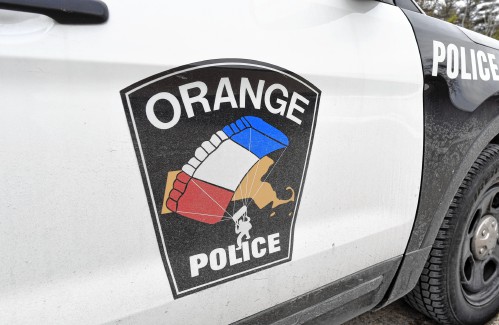 Orange Police Log 12/1-13
Orange Police Log 12/1-13
 Athol Police Log 11/8-26
Athol Police Log 11/8-26
Arts & Life

Rescuing food and feeding people: Rachel’s Table programs continue to expand throughout western Mass
My great-grandmother’s oak dining table has graced my kitchen ever since my parents built the house in the 1980s. Looking at it makes me happy. The table — actually, almost any table — signifies history, nourishment, family and community.The...
Obituaries
 Mary M. Thompson
Mary M. Thompson
Mary M. (Powers) Thompson Dade City, FL - Mary M. (Powers) Thompson passed away unexpectedly on Sunday, April 14, 2024. She was born at Langley Air Force Base, in Hampton VA, on February 17, 1968, the daughter of Robert H. and Joan (Lint... remainder of obit for Mary M. Thompson
 Nancy C. Skowrowski
Nancy C. Skowrowski
Nancy C Skowronski Royalston, MA - Nancy C Skowronski, born in Worcester, MA on January 1, 1943, lived a captivating life, filled with vibrant memories and impactful experiences that created a lasting legacy. A resident of Royalston, Mas... remainder of obit for Nancy C. Skowrowski
 Robert E. Thayer
Robert E. Thayer
Robert E. "Bob" Thayer Athol, MA - ATHOL - Robert E. "Bob" Thayer, 90 of Athol passed away Sunday, April 14, 2023, in the Athol Hospital. He was born on July 13, 1933, the son of Robert H. Thayer and Louise E. (King) Thayer. Bob graduat... remainder of obit for Robert E. Thayer
 Chris N. Boyle
Chris N. Boyle
8/5/1956 - 4/11/2024 ORANGE, MA - Chris Boyle, beloved father and husband, passed away on April 11, 2024 at home. Chris led a life of unwavering dedication to his family, a steadfast commitment to the land he cherished, and a love for ... remainder of obit for Chris N. Boyle

 A Page from North Quabbin History: Women of Royalston display
A Page from North Quabbin History: Women of Royalston display
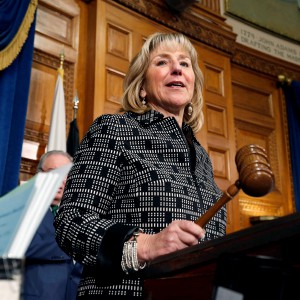 Spilka pledges ‘comprehensive climate bill’ in Senate
Spilka pledges ‘comprehensive climate bill’ in Senate
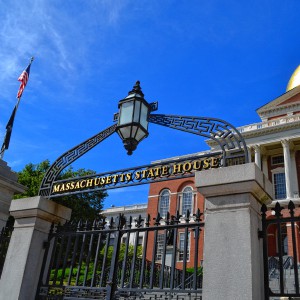 Senate adds bills to reform electric industry
Senate adds bills to reform electric industry
 North Quabbin Notes, April 23
North Quabbin Notes, April 23
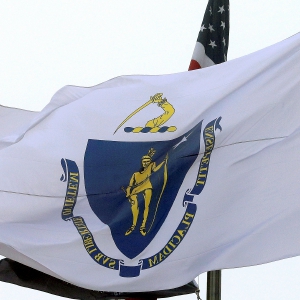 Mass. saw nearly 200 percent rise in antisemitic incidents last year
Mass. saw nearly 200 percent rise in antisemitic incidents last year
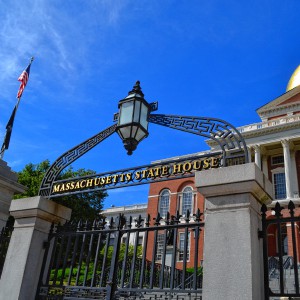 Shelter money fading, but ‘not at the end of the line’
Shelter money fading, but ‘not at the end of the line’
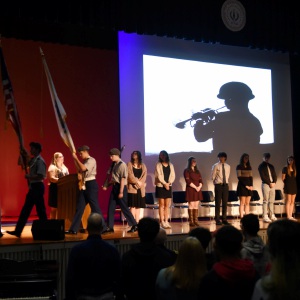 With eye toward teaching firearm safety, Mahar’s Junior ROTC adding air rifles
With eye toward teaching firearm safety, Mahar’s Junior ROTC adding air rifles
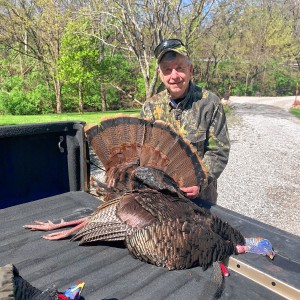 Sportsman’s Corner: Quabbin opens this Saturday
Sportsman’s Corner: Quabbin opens this Saturday
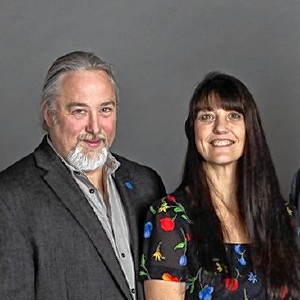 North Quabbin Notes, April 18
North Quabbin Notes, April 18
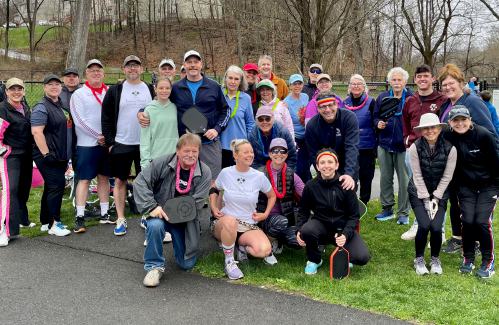 Bulletin Board: Gary Tashjian, Cheri McCarthy win Twice As Smart Pickleball Tournament
Bulletin Board: Gary Tashjian, Cheri McCarthy win Twice As Smart Pickleball Tournament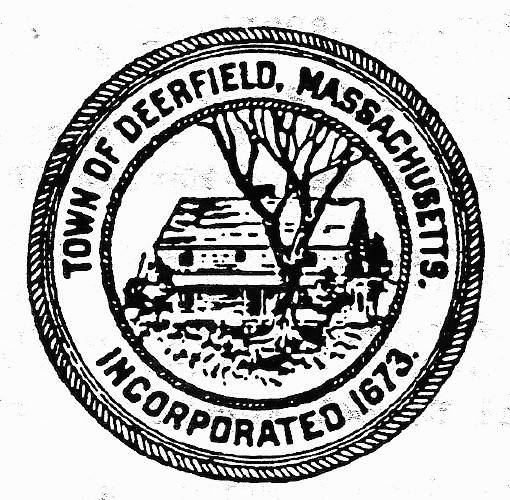 Charlene Galenski: Blake Gilmore, a strong candidate for Deerfield’s Selectboard
Charlene Galenski: Blake Gilmore, a strong candidate for Deerfield’s Selectboard A day to commune with nature: Western Mass Herbal Symposium will be held May 11 in Montague
A day to commune with nature: Western Mass Herbal Symposium will be held May 11 in Montague Speaking of Nature: ‘Those sound like chickens’: Wood frogs and spring peepers are back — and loud as ever
Speaking of Nature: ‘Those sound like chickens’: Wood frogs and spring peepers are back — and loud as ever Hitting the ceramic circuit: Asparagus Valley Pottery Trail turns 20 years old, April 27-28
Hitting the ceramic circuit: Asparagus Valley Pottery Trail turns 20 years old, April 27-28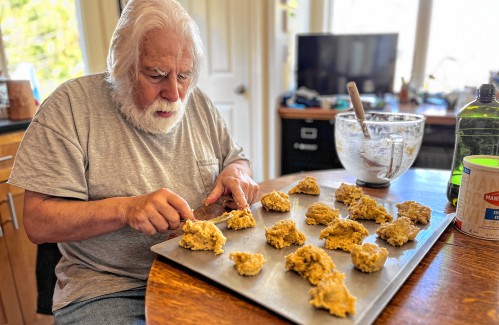 Best Bites: A familiar feast: The Passover Seder traditions and tastes my family holds dear
Best Bites: A familiar feast: The Passover Seder traditions and tastes my family holds dear